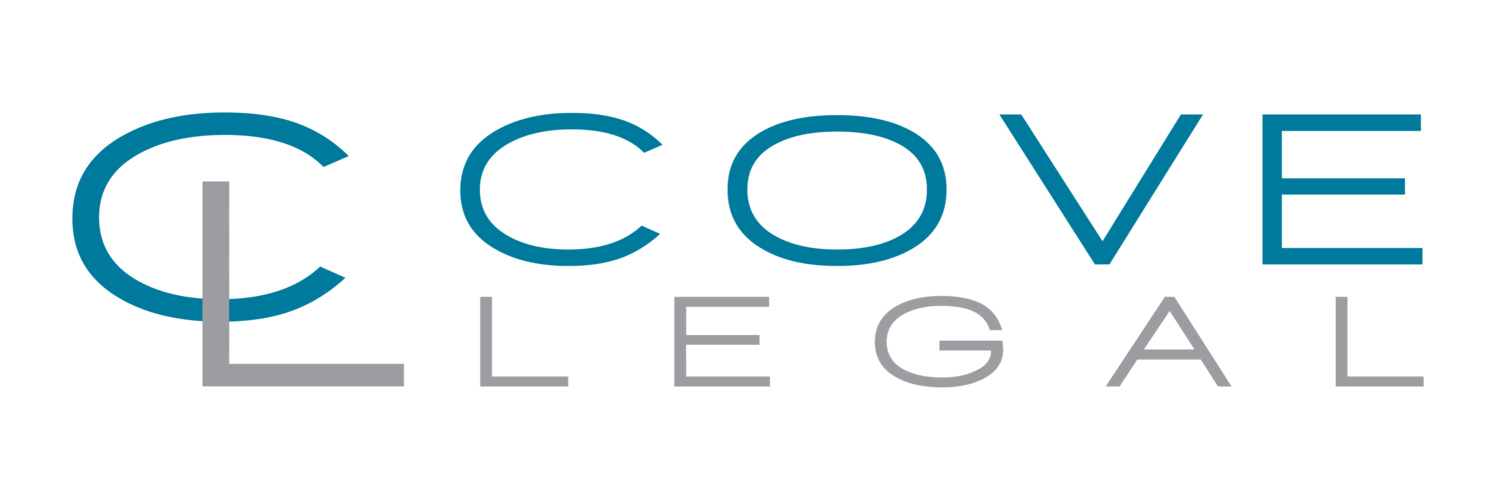With the growth in popularity of social media platforms such as Facebook, Twitter and Instagram, the number of defamation claims in Australia has increased significantly over the past few years. The online community is fast learning that it is subject to the same defamation laws as newspapers and other news outlets and that they need to think before they post or tweet, or indeed even before they ‘like’.
In this blog series to be released over three editions, we explore what an aggrieved person (or plaintiff) must prove to succeed in an action for defamation; what defences are available to the publisher (or defendant); and finally, the remedies available to the plaintiff, including issuing a concerns notice and commencing proceedings against the defendant.
Part I – Bringing a defamation claim in Western Australia
The law of defamation in Western Australia is governed by the Defamation Act 2005 (WA), which came into force on 1 January 2006 as part of new uniform defamation legislation that applies to all States and Territories.
To establish a claim for defamation, the plaintiff must be able to prove all of the following:
Publication – broadly defined in the legislation to include both verbal and written material, such as texts, emails, images and online communications. The images or words must have been seen or heard by a third person. Liability for defamation will extend beyond the original author in circumstances where the communication is then shared (for instance, by ‘sharing’ on Facebook or ‘retweeting’ on Twitter).
Identification – if the publication does not directly name the plaintiff, there are facts or details which enable the ordinary reasonable reader to identify the plaintiff.
Defamatory – the publication contains false information, an imputation or a representation about the plaintiff that damages their reputation or makes others think less of them. This is determined by considering whether an ordinary, reasonable person would think less of the person about whom the material is published.
A claim for defamation is only available to either individuals or else corporations with less than 10 employees or not for profit or charitable organisations. Court proceedings must be issued against the defendant within one year of the publication of the defamatory material.
Check out Part II in our defamation blog series, Defences to a defamation claim.
Cove Legal offers specialist expertise in the area of media law, with a focus on protecting corporate brands and reputations. Roger Blow is a leading defamation lawyer in Western Australia and can be found listed as a social media law expert on expertguide.com. He regularly provides commentary concerning media law issues to television, radio stations and newspapers such as the West Australian, The Age and AFR.
If you would like advice or assistance with an legal matters involving defamation, we would be keen to hear from you. Please contact:
Roger Blow, Principal, Ph: +61 8 6381 0326 or roger@covelegal.com.au
Tennille Provost, Senior Associate, Ph: +61 8 6381 0326 or tennille@covelegal.com.au
This publication is not legal advice. You should seek professional advice before taking any action based on its contents.
